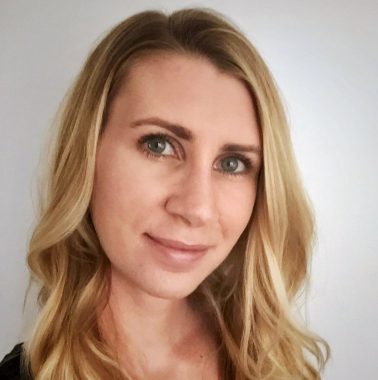Abby Clayton
Monday, April, 29th, 2019 Students
 |
Abby ClaytonSchool: Cummings School of Veterinary Medicine/Tufts School of Medicine Department: Conservation Medicine/Public Health |
TIE Affiliation
Environmental Research Fellowship
Research
Antimicrobial resistance (AMR) is a global public health threat, affecting humans and animals in every country. Antibiotics are becoming ineffective, making normally treatable infections difficult or impossible to treat. AMR bacteria are entering the marine environment through freshwater outflow, wastewater treatment runoff, and aquaculture. Rehabilitation facilities, where incapacitated wild animals are commonly treated with antibiotics before release, could act as another environmental entry point. This study will determine the temporal patterns of AMR bacteria cultured from rehabilitated Pacific harbor seals over the last 10 years in British Columbia, and compare them to trends observed in Atlantic harbor seals. We will retrospectively analyze medical records for harbor seals treated at the Vancouver Aquarium Marine Mammal Rescue Centre (MMRC) for AMR bacteria prevalence. We will swab harbor seal pups in rehabilitation at the MMRC during 2017 for culture and antimicrobial susceptibility testing upon admission and release into the wild. This will establish current AMR prevalence, and determine the associated risks and impact of rehabilitation on the animals’ AMR prevalence upon release into the environment.
Biography
As a dual-degree Doctor of Veterinary Medicine and Master of Public Health candidate, I am focused on One Health and conservation medicine issues – exploring the intersections of wildlife conservation, human and environmental health. Prior to graduate school, I worked in international advertising, working abroad managing global communications work for various populations. I have channeled my prior experience into health communications work, spending last summer in eastern Africa as a Communications Advisor on the USAID Emerging Pandemic Threats 2: One Health Workforce project – a capacity building project that prepares the future workforce to respond to emerging infectious diseases